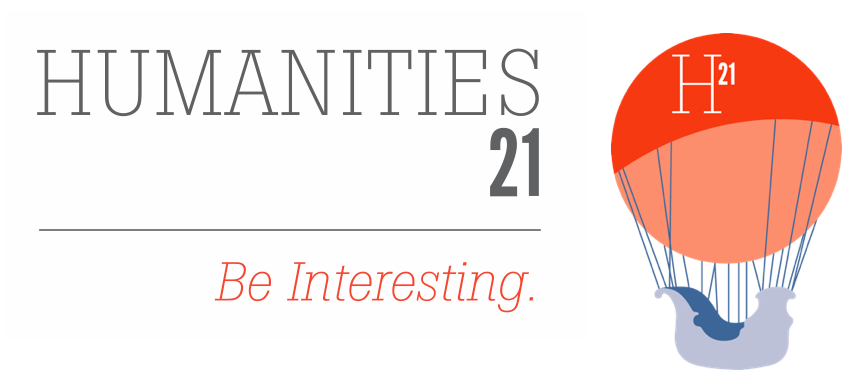“…The humanities should be studied for their own sake. One reads The Great Gatsby in order to enjoy the novel, to live within its imaginary world and to learn about our own world through its refracted image of the same. There is a sense in which the humanities are useless because they are not practical, at least not in a way that can be measured with statistics. They build up the human soul only indirectly and over the period of a lifetime (as any teacher who receives appreciative emails from students several years after their graduation could attest). This building up of the soul is often part of a spiritual birth or a political awakening…”
Santiago Ramos explores the notion of ‘utilitarian value’ and its precedence over the humanities and the need to refute this position. Read more here
Published: November 04, 2019, America: The Jesuit Review


